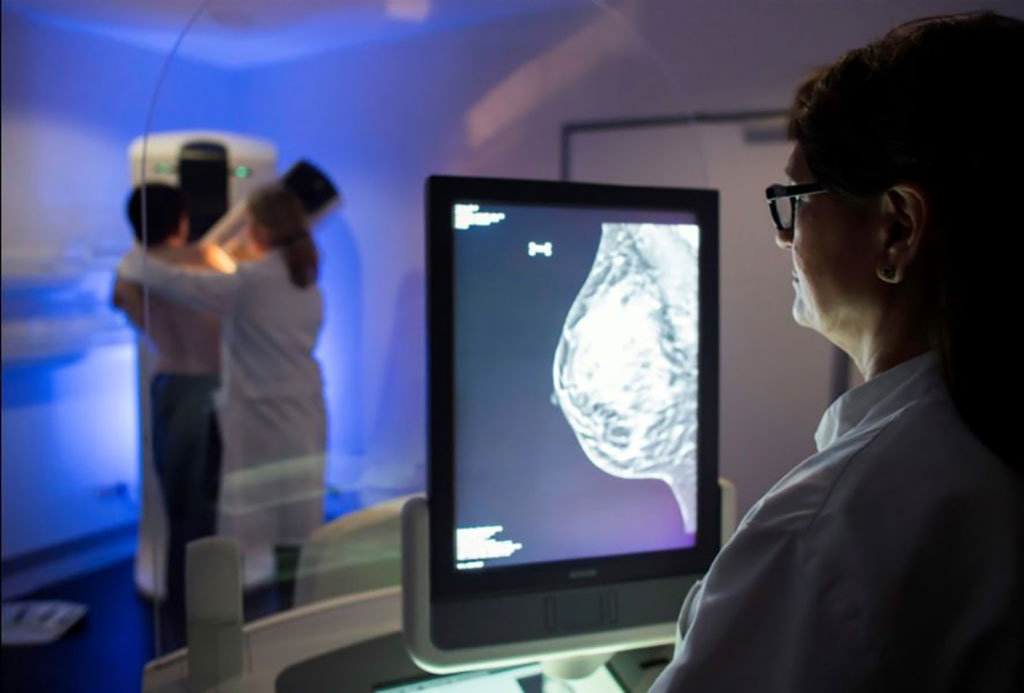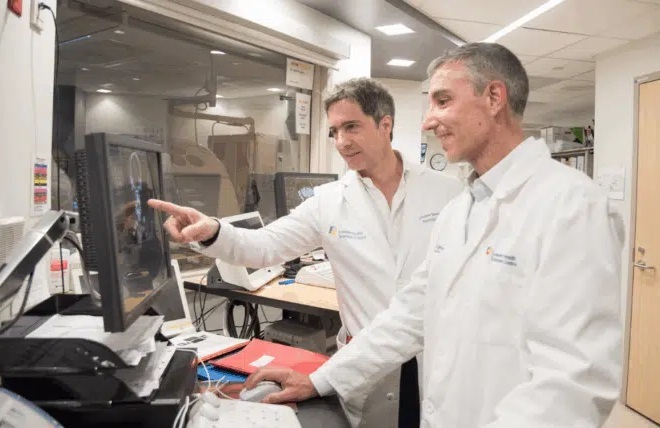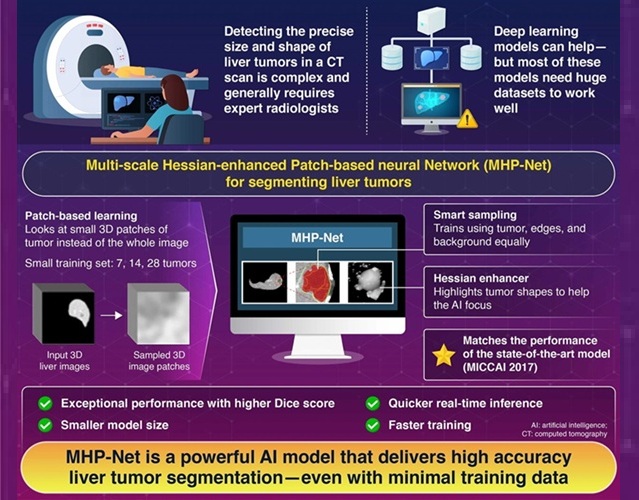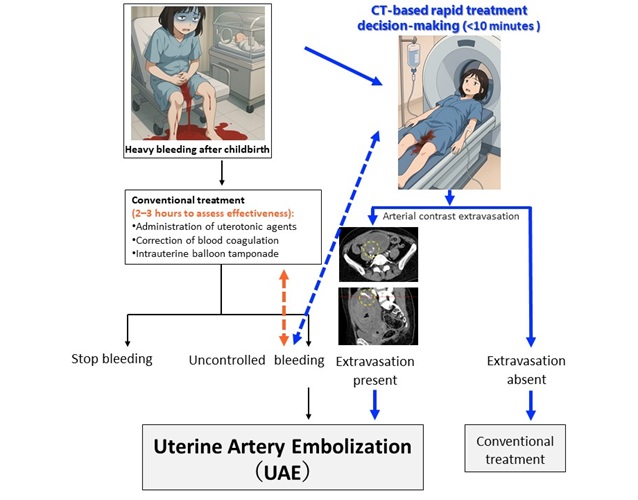Combination of DBT and Standard Mammography Detects Breast Cancer More Often Than Mammography Alone
Posted on 28 Apr 2022
Breast cancer is the most frequent tumor disease worldwide. This is why, women aged 50 and over are offered systematic early detection examinations - so-called mammography screening. Now, a new study on enhanced screening technology involving almost 100,000 women has found that breast cancer can be detected more often by combining digital breast tomosynthesis (DBT) with synthetic 2D mammography than by standard mammographies.
Researchers at the University of Münster (North Rhine-Westphalia, Germany) have been conducting research in the field of innovative imaging technologies and their impact on the efficiency of detecting breast cancer at an early stage. In the ToSyMa study, a combination of DBT and so-called synthetic 2D mammograms was compared with the nowadays screening standard.

Initial results from study phase 1 confirm the assumption that by using the new enhanced mammography technology, breast cancer is detected significantly more often than by using standard mammography. This observation is based on the fact that breast tomosynthesis – an enhanced version of digital mammography – provides technology which, by computing pseudo-3D datasets, reduces any potential overlapping of tissue in the breast, thus promising benefits in making diagnoses. Phase 2 of the ToSyMa study will examine whether the increase in breast cancer diagnoses as a result of screening also leads to improved health in women.
Related Links:
University of Münster














